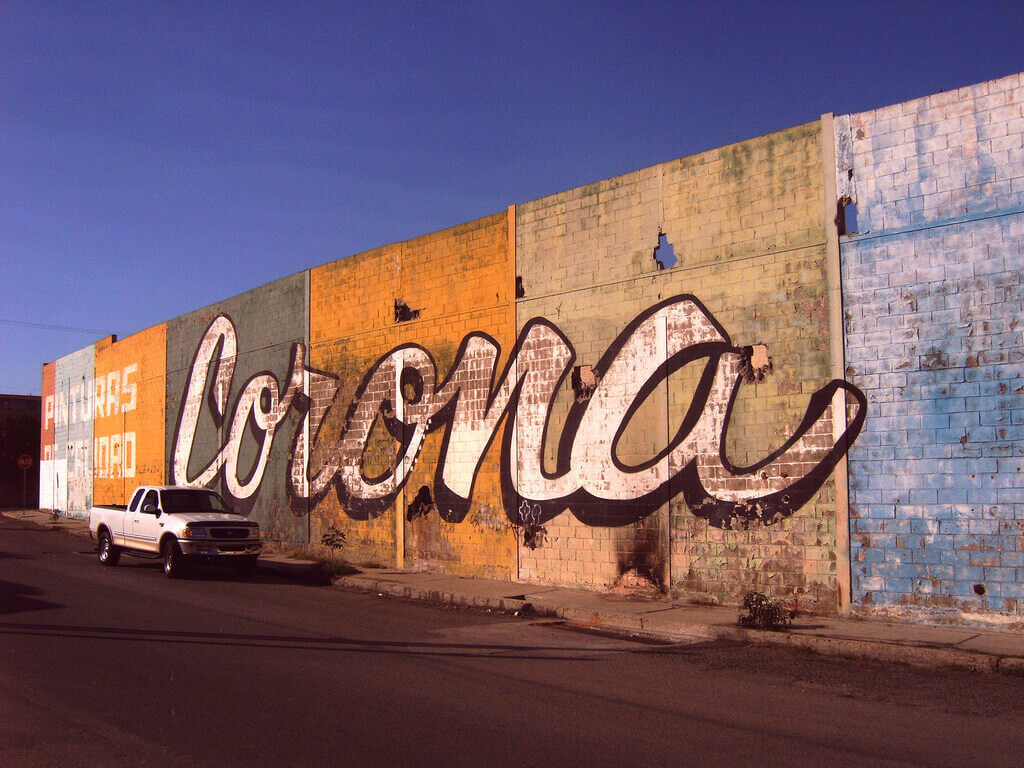No parent wants their child to become involved in using drugs. Teens are very susceptible to peer pressure and they can easily fall in with the wrong crowd, just looking for acceptance. If you are worried that your teen may have started using drugs, there are certain signs that you can look for. It is ultimately the burden of the parent to identify the signs and if appropriate, take the necessary action to get their child help. Oftentimes, those who start experimenting with drugs in their teens are not at risk for long-term use, but some may be on the path to becoming drug addicts. Immediate action is necessary to get your child the help they need.
Warning Signs to Look For
- Extreme Moodiness – while it is not uncommon for teenagers to have mood swings due to developing hormones, exceptional moodiness might prove to be a cause for concern.
- Poor Hygiene – Sometimes kids just can’t be bothered to shower, but if you notice that their hygiene habits are becoming poorer, it might be an indicator that they may be using drugs.
- Unexplained weight loss – this is a subject that should be approached gently – especially with girls who can be overly sensitive about their weight in their teenage years. Unexplained weight loss could point to signs that your teen is abusing drugs, but it also might indicate that they have or are developing a type of eating disorder.
- Bloodshot Eyes – commonly a symptom of being under the influence, if you constantly notice that your child has red-tinted eyes, it could be a result of being high on drugs. There are many drugs that cause red eyes so don’t be quick to write it off as experimenting with pot.
- Withdrawn Demeanor – if your once bubbly, family-oriented teen has now become a reclusive, shutting themselves off in their bedrooms or refusing to participate in family activities, it may be time to have a conversation.
- Trouble in School or with the Authorities – When teens start experimenting with drugs, it is usually at the expense of something else. This could mean that your child is refusing to pay attention in school or is giving his/her teachers a hard time. It could also mean getting into trouble with the local law enforcement authorities.
Each of these signs should be thoroughly investigated more to ensure that it is not a sign of drug abuse. While one or two signs is not indicative of drug use, when it comes to nipping it in the bud, you would rather know sooner than later so you get your child the help they need.
More information can be found at Partnership for a Drug Free America web site http://www.drugfree.org/

